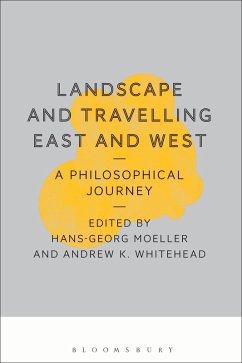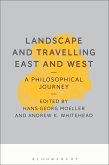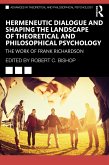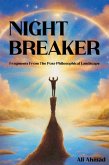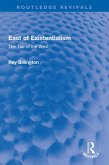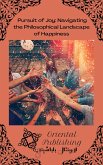Philosophical reflections on journeys and crossings, homes and habitats, have appeared in all major East Asian and Western philosophies. Landscape and travelling first emerged as a key issue in ancient Chinese philosophy, quickly becoming a core concern of Daoism and Confucianism. Yet despite the eminence of such reflections, Landscape and Travelling East and West: A Philosophical Journey is the first academic study to explore these philosophical themes in detail.
Individual case studies from esteemed experts consider how philosophical thought about places and journeys have inspired and shaped major intellectual and cultural traditions; how such notions concretely manifested themselves in Chinese art, particularly in the genres of landscape painting and garden architecture. The studies present a philosophical dialogue between Confucianism and Daoism on issues of social space and belonging and include discussion on travel and landscape in Buddhism as well as Japanese and Tibetan contexts.
Approaching the topic from an inter-cultural perspectives, particularly East Asian philosophies, and using these to enrich contemporary reflections on space, the environment, and traversing, this unique collection adds an important voice to present philosophical, political, and cultural discourses.
Individual case studies from esteemed experts consider how philosophical thought about places and journeys have inspired and shaped major intellectual and cultural traditions; how such notions concretely manifested themselves in Chinese art, particularly in the genres of landscape painting and garden architecture. The studies present a philosophical dialogue between Confucianism and Daoism on issues of social space and belonging and include discussion on travel and landscape in Buddhism as well as Japanese and Tibetan contexts.
Approaching the topic from an inter-cultural perspectives, particularly East Asian philosophies, and using these to enrich contemporary reflections on space, the environment, and traversing, this unique collection adds an important voice to present philosophical, political, and cultural discourses.

